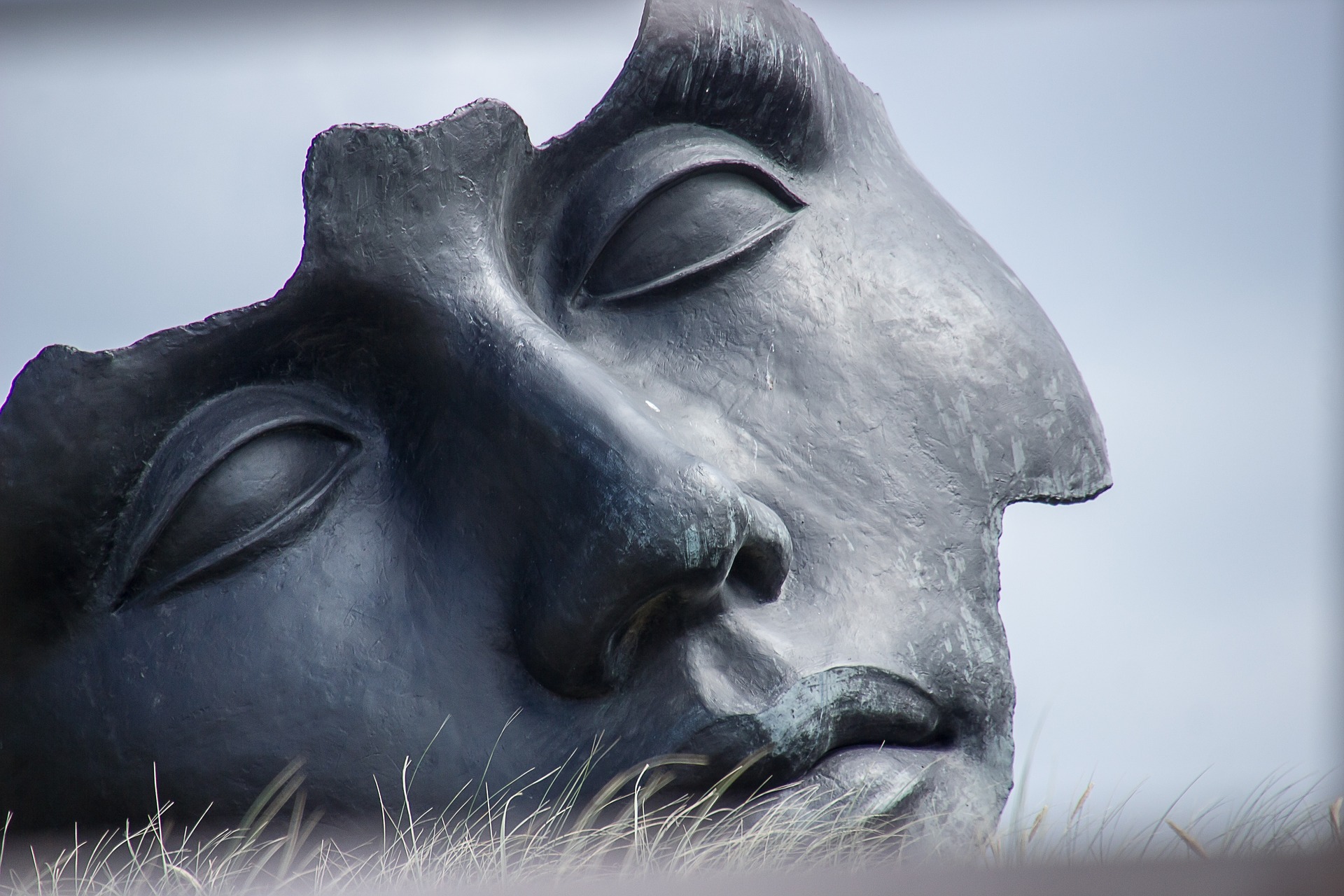Popular sovereignty is not dead

Do the people still have power? Some might feel forgotten and turn to populism promising to give the country back to them. But popular sovereignty is not dead.
Elections are coming up in the Netherlands and other European countries, and there seems to be a sense of frustration with politics for many—a sense of not feeling represented by the government anymore.
Political philosophers like Hobbes and Rousseau have long held that state power emanates from the people. The individual theories of how or why this is the case or what consequences attach to this statement of what is essentially popular sovereignty are manifold and varied, but they have one thing in common: the political authority of the state derives from the people.
But how? One common response is to say this is done by means of a social contract: people have agreed to give up (some of) their power to the government so that the government protect them and their rights or interests. Of course, none of us have ever explicitly signed a contract like that with one another or our government and some might not agree if they had been asked to do so. Some argue that while the people might not have agreed explicitly, there is at least tacit consent: after all, people remain in the country when they could leave. That argument is not particularly convincing in a day and age where migration is highly regulated and in which there are no places left in which one could go and live without the influence of a state, if one can’t find a government one agrees with.
If we have not agreed to give the state the power it has, does that mean the idea that state power emanates from the people, that we the people have given the state that power (for a purpose) is just a fiction meant to appease us?
Do we need to give the country back to the people (like Wilders, for example, propagates)? No.
In any society, there are conventions that we accept, even if we have not explicitly agreed that this is the way we are going to do things. Think of driving: even if there was no rule that told us to drive on the right side of the road, we would all continue to do it. We have not gotten together and agreed to this or signed a contract to that effect, and yet, this convention could not exist without people actually driving on the right side of the road. And if everyone in the Netherlands woke up tomorrow and started driving on the left side of the road, that’s how things would be.
The convention depends on a group of individuals acting a certain way, even if the individuals in that group might feel that they have little to no impact in why things are the way they are. With popular sovereignty, it is similar: state power depends on a group of individuals acting a certain way (not revolting, for example), but it does not depend on one individual. There is, as they say, strength in numbers.
One can draw more than one conclusion from this, but the one I would like to highlight here is this: our actions matter, even if it might not always look that way. So please go vote.
This blog is published on Law Blogs Maastricht
-
 A.M. WaltermannMore articles from A.M. Waltermann
A.M. WaltermannMore articles from A.M. WaltermannAntonia Waltermann is assistant professor of legal theory and legal philosophy. She has a background in comparative law and public international law and expertise in practical philosophy, law and the cognitive sciences, legal reasoning and informal legal logic, legal methodology, and (analytical) legal theory.